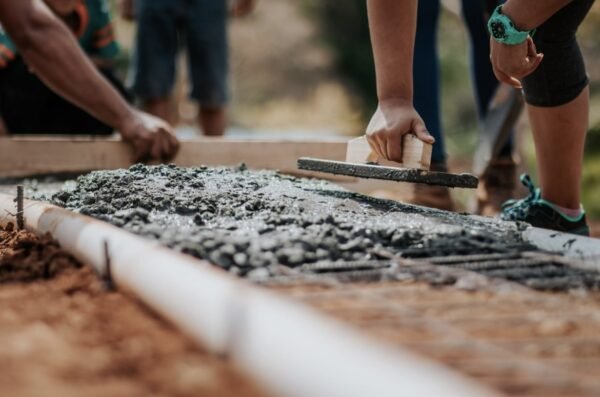
Career Coach Offers 10 Preparation Tips for Acing the Interview
As unemployment numbers continue to rise in the wake of the ongoing COVID-19 pandemic, millions of people have suddenly found themselves needing to update their resumes and CVs and polish their job interviewing skills. But it’s not only a stressful time for applicants due to the crisis climate. As we are entering summer, recent graduates will also be applying for jobs and landing interviews.

No matter how many you’ve been on, job interviews can be nerve-racking. You want to make a good first impression and positively represent yourself, but there are just so many things to think about. That’s why it’s important to prepare. Here, Career coach Jennifer L. Blanck offers these 10 preparation tips for acing the interview and increasing your chances of getting hired:
Know yourself.
It sounds simple, but the first step involves critical reflection and self-awareness. Understand your values and priorities so you can recognise what type of jobs and organisations are the best fit for you.
Do your due diligence.
Research the position, organisation, industry, and interviewers. This will help you answer questions, highlight your knowledge of the organisation, and show you’re interested in the job.
Prepare concrete examples.
Be ready with anecdotes that demonstrate your relevant strengths, skills, and experience. This is especially helpful for behavioural-based interviews, where the interviewer looks at past performance in similar situations as the most accurate predictor of future performance.
Develop questions.
Asking pertinent questions shows serious interest and initiative. You also gain critical information about the job, organisation, supervisor, and colleagues that will help you evaluate if the position is the right one for you.
Provide relevant responses.
Practice answering typical interview questions and anticipate questions related to the job description. Only mention experiences, skills, and other qualifications that apply to the job or organisation.
Rehearse out loud.
Focus on questions that challenge you and say your answers out loud to hear how they sound. Try the STAR (Situation, Task, Action, Result) or CCAR (Challenge, Context, Action, Result) approaches to add more clarity and depth to your responses.
Practice with technology.
Test popular video and online-based interviewing platforms before an online interview to ensure you’re comfortable with them. Establish an intentional interview environment so you give the most professional presentation not only by what you say but also by what is visible to the camera.
Make the right impression.
You want to be your most professional self at all times. Arrive at the interview location early, dress appropriately, turn off your cell phone, stay focused on the interview, and actively listen to the interviewer. Greet everyone you encounter with a smile.
Show emotional intelligence.
Employers worldwide are increasingly looking for people with emotional intelligence. Demonstrate those competencies throughout the interview process to signal you can navigate global and complex work environments.
Be yourself.
If you’re not being authentic, you won’t know if you’re the right fit. It’s just as important for you to decide whether you fit in as it is for your potential employer to decide. If the interviewer is uncomfortable with the real (professional) you, it’s a good indication you should keep looking.
For more job interview advice and tips, read Jennifer L. Blanck’s “Master the Art of Interviewing” in the Toastmaster magazine.















































